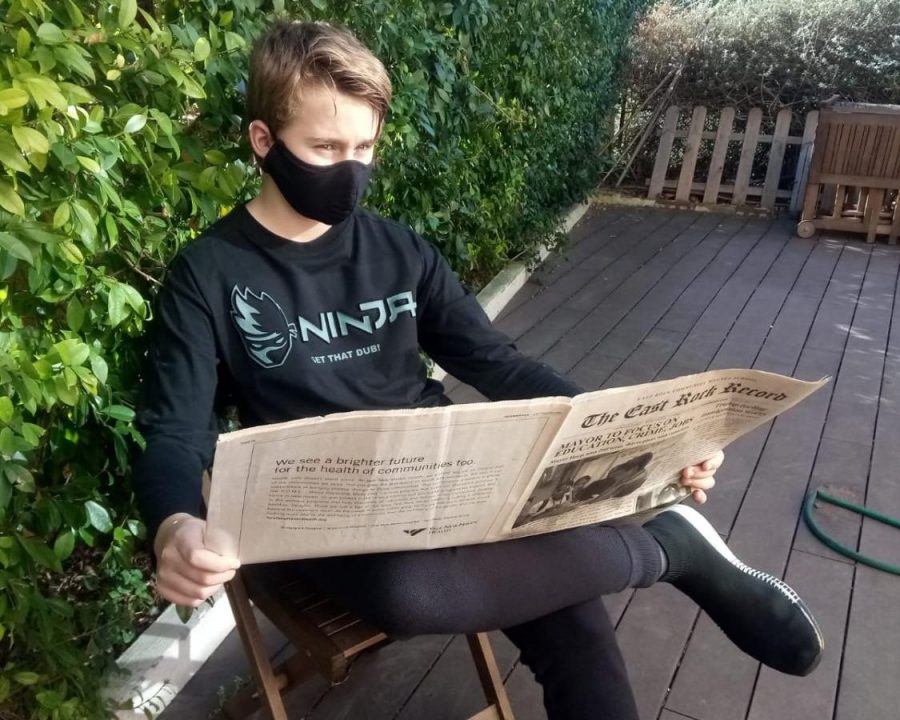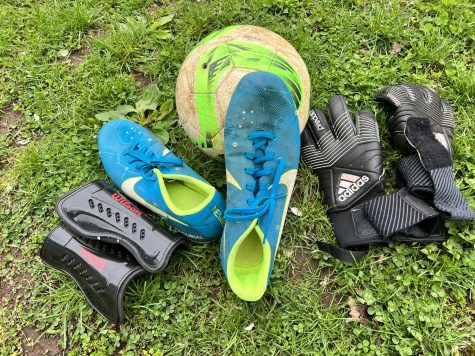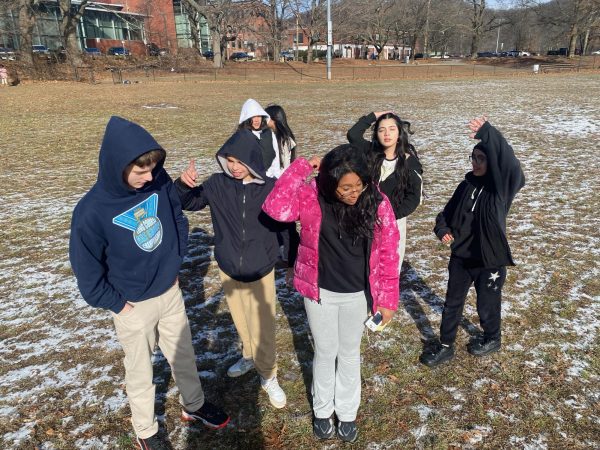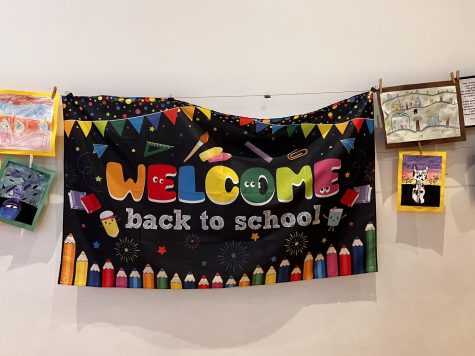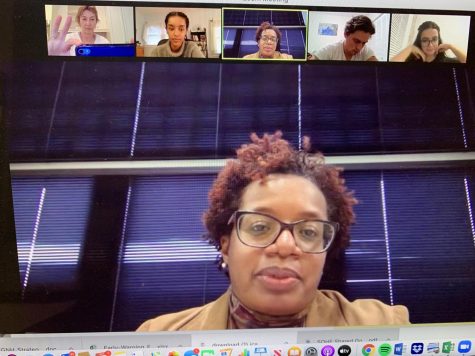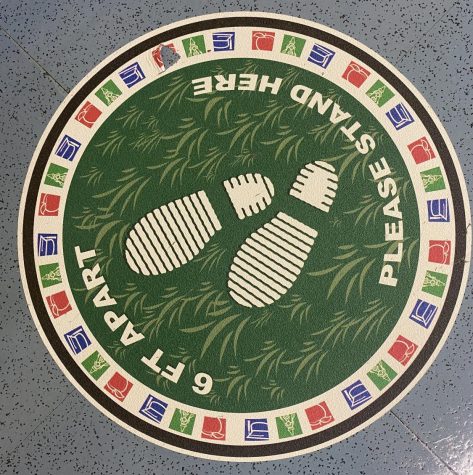Covid Disrupts Life Everywhere (Including Spain!)
The U.S. is not alone in facing a crisis from Covid-19. The coronavirus has spread throughout Spain, harshly attacking the country. The chances to stop it are very low until a vaccine can be given to every citizen.
Just like in the U.S., it is affecting everyday life, including school. In my institute and in every primary school as well, we are able to attend in person. But there are security measures so that people do not get infected or infect others.
Every student enters school at 7:30 a.m. after their temperature is taken and hands cleaned with disinfectant. There are three bells.
When the first one sounds, students from the lower floor come inside from the playground areas. And to be clear, there is an area for each group since if there is an infection you can more easily find people who were in contact with that person.
When the second bell sounds, the first-floor students come in. When the third bell rings, the second-floor students enter. This is exactly the same when it is time to go out of the building.
Just like in the U.S., the coronavirus is affecting everyday life, including school.
Inside the classrooms, the desks have shields made out of hard plastic. They are on three sides of student desks, protecting front, right and left. Also, the screens cannot be moved because they are attached to the desks.
We, of course, have our recess, but we must stay at least three meters away from people if eating and one meter apart if you are wearing a mask. I am in the group of bilingual students so I also have a five-minute break near the end of the school day, between the fifth and sixth hours.
I have to admit I have been really happy that we are able to go to school and to see everyone and hear how the pandemic has affected each one of them. On the other side, teachers are hitting us really hard with exams due to the lack of classes we have had.
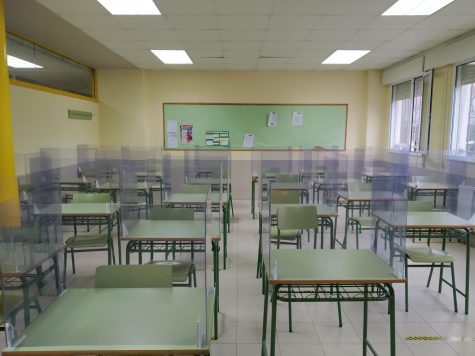
The coronavirus entered Spain on January 31 when a German tourist tested positive. The first case was in the Canary Islands and then spread to rest of the country. So far, Spain has had over 1.5 million cases and over 40,000 deaths.
In Spain, we have had many cases because here our social life is essential and we cannot endure without seeing our loved ones or friends for a long time. We do have many security measures, but they are not respected by everyone since it is difficult to follow them sometimes.
Since the 15th of March until the 21st of June each and every one of us in Spain faced confinement, but some people had better situation than others. People who had a garden or terrace could go out from time to time to take a break while those who could not go out or to the terrace had a very bad time since we could not leave home for two months unless we needed to buy food.
So far, Spain has had over 1.5 million cases and over 40,000 deaths.
During the confinement you could only go out for an hour and just to buy food. Later, when restrictions eased, you could go out for a walk with your children but it was only an hour and no more.
But from my point of view, the worst thing about staying at home were the online classes. They consisted of various video calls through a platform called “Classroom.” Students who had problems with the internet could miss a lot of a specific subject.
When you had internet, you had multiple tasks from different subjects that included sending videos or photos of various projects that the teachers sent you to complete. Since you could not leave your home, if you did not have the materials you needed, you could ruin the project unless you came up with another solution.
The quarantine has ended, but life is still quite difficult. We have resumed life in person and adapted to the new lifestyle. That consists of wearing a mask wherever you go and only taking it off at home or while you eat, keeping a safe distance at all costs at all times and, at school, having screens separating students.
We all know —and can be excited about — the day when this will end. But right now, that date is yet to be determined.


